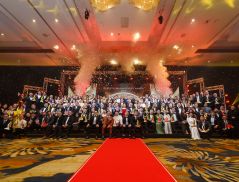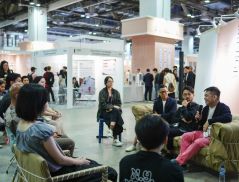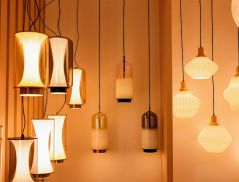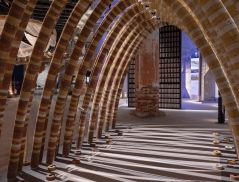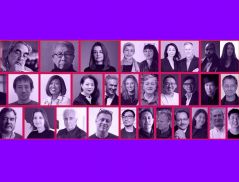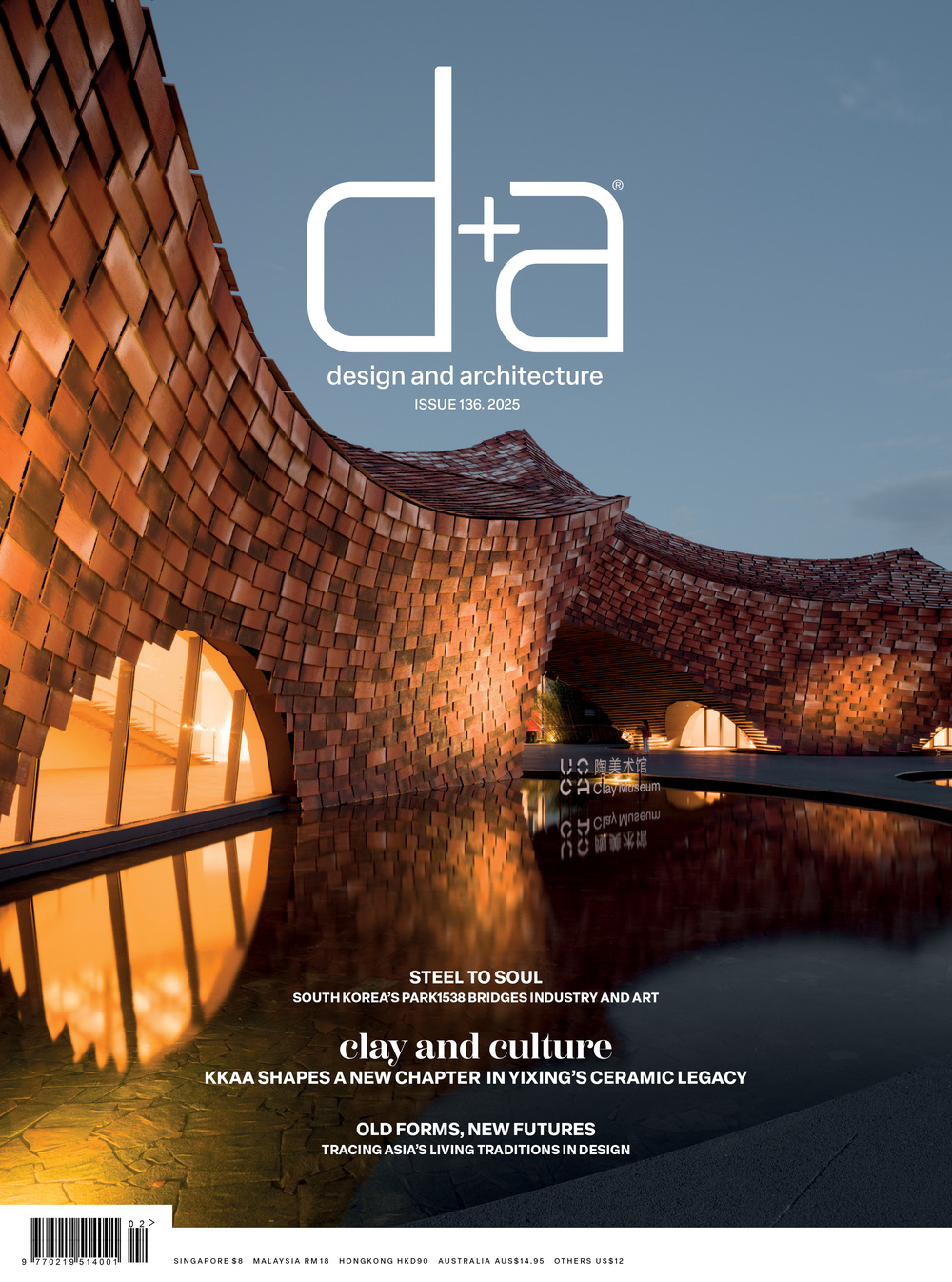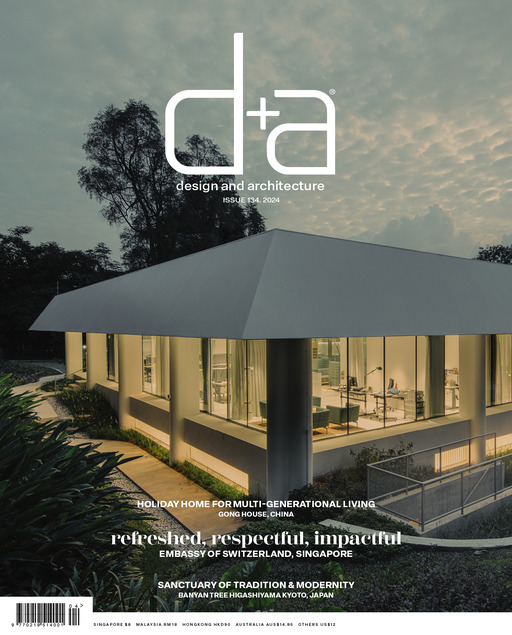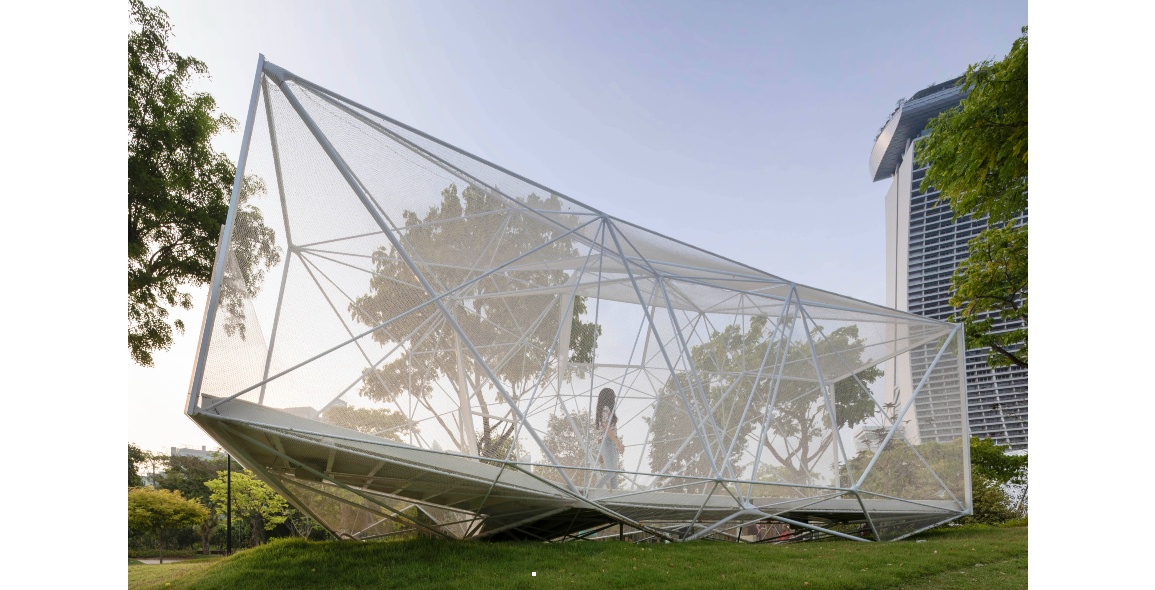
If there is one thing that is unique to all the recipients of the President’s Design Award (PDA) 2020, it is impact.
Specifically, it is how they have all leveraged design to make a positive difference to society.
This can be seen through projects like Goodlife! Makan by DP Architects, which turned the concept of a senior activity centre on its head, reintegrating stay-alone elderly back into the community and enlivening the idea of ageing-in-place.
Another is educational platform EYEYAH!, which uses visual design to captivate and educate the young on complex topics like cyberbullying and Internet addiction.
Even the Designer of the Year winners embody this; for instance, Kelley Cheng mentors the interns she hires through her publishing and design consultancy The Press Room.
This is no coincidence of course, since in 2017, the PDA announced it was implementing a new judging criteria that would take impact into account.
“Design is not about aesthetics. Design is a mindset, and a problem-solving approach that has resulted in creative solutions to complex problems such as technology disruption, industry transformation or demographic changes,” said Agnes Kwek, then the Executive Director of the DesignSingapore Council (Dsg), on the rationale for the change.
“The most prestigious design award in Singapore must tell this narrative of the impact of design in our businesses, our society and our lives.”
The PDA is administered by Dsg and the Urban Redevelopment Authority.
While the winners of the 2018 edition of the PDA started to demonstrate this, it is the 2020 edition – announced only earlier this year due to a delay brought about by the COVID-19 pandemic – that most clearly reflects this shift.
“I think we've been honouring the potential for design to act as an enabler to find solutions and to recognise its transformative power in society,” says Mark Wee, who took over from Kwek at Dsg in 2018.
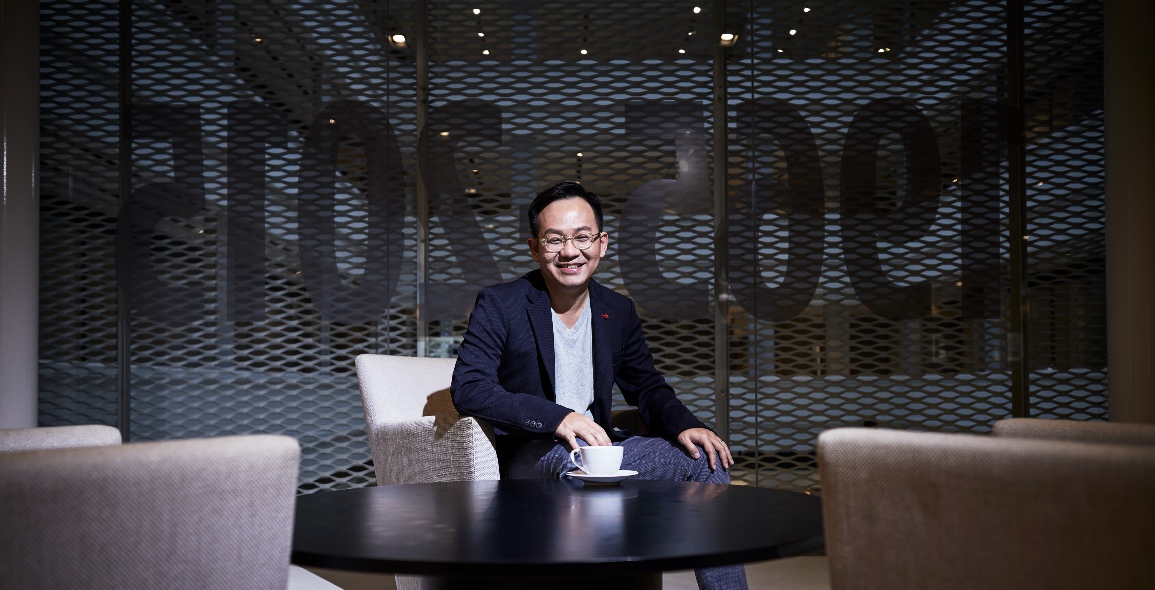
Another evolution of the PDA is the expansion of its definition to beyond architecture, interior design and graphic design.
For instance, a project like The [Not-So] Convenience Store by Kinetic Singapore would have been hard-pressed to fit into the previous iteration.
The exhibition is designed like a convenience store but the items for sale convey the message of the importance of sustainability – price tags highlight environment costs and a freezer was repurposed as a recycling bin.
“You see them first as a branding agency but the strength of the entry was around using creativity to communicate and educate on sustainability in a fun and refreshing way,” points out Wee.
When the PDA was first launched in 2006, its focus was on honouring designers and educating about the importance of design.
“It was trying to give design a lift up, to boost it and give it a certain importance nationally,” recalls Wee.
Eleven editions later, it was time for a change and the criteria was revamped to focus on impact in four areas: Enabling economic transformation; raising the quality of life; advancing the Singapore brand, culture and community; and making ground-breaking achievements in design.
“We are representing the spirit of where design is really going globally,” he shares.
“Designers are now being brought in to solve larger issues outside of the classical areas of design because of the economy shifting and innovation driving things.
So what does all this mean for designers?
Wee does not mince his words in spelling out the implications, “It should encourage them to think about their responsibility.
“The impact of what they put out needs to be more than a vanity project that expresses their design language.
“They must challenge themselves to think about creative solutions to the bigger problems at hand.”
He also hopes for more consideration towards the bigger picture – how even as designers tackle societal challenges, they can think about sharing some of those lessons with the rest of the world.
This comes on the back of a poignant conversation he had recently with Paola Antonelli, Senior Curator at the Museum of Modern Art, where he asked her what is on her radar at the moment.
“She said to me she is just interested in goodness, because the world is so messed up.
“They are on a search for what can make the world better because everything is fragmenting.”
Read our coverage of the PDA 2020 winners in our upcoming September 2021 issue (Issue 121).


 Share
Share
